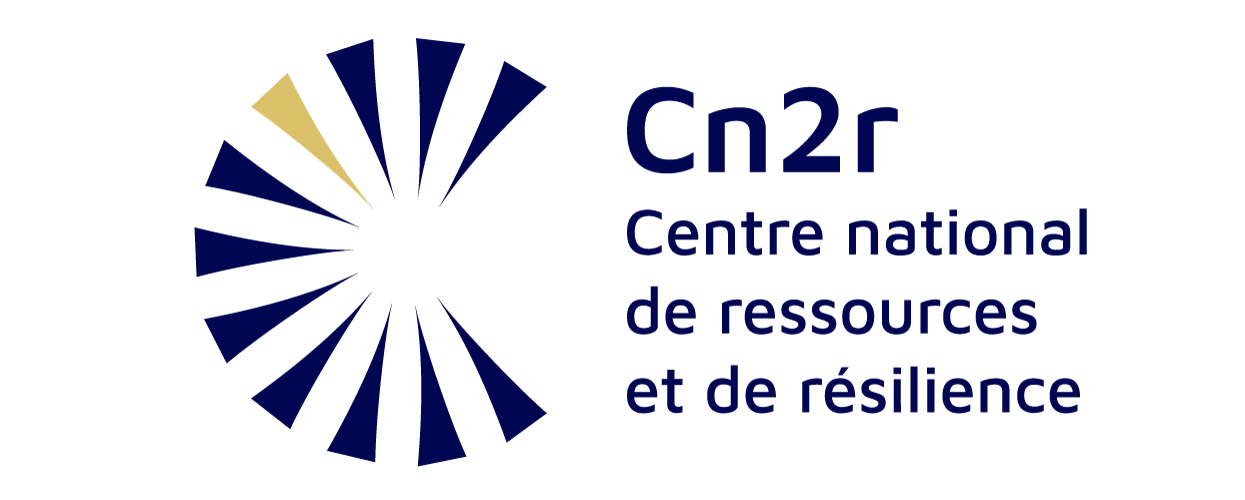With three months to go before the opening ceremony of the Olympic Games, emergency physicians from the Cellules d'Urgence Médico-Psychologique (CUMP) are preparing for the eventuality of a disaster occurring during the Games. Recruiting and training volunteers, coordinating the various cells, as well as full-scale simulations: in Paris, Bordeaux and all over France, the "cumpists" are training.

"We haven't stopped for a year," begins Dr Gaëlle Abgrall, referent for the Paris CUMP and the Île de France zone, when asked if they are preparing for the Olympic Games. Around the psychiatrist, a hundred volunteers in Paris are preparing to take on the role of "cumpists", including psychiatrists, psychologists, but also nurses trained in emergency psychological care. "We propose an exercise once a month, or even several times a month in the run-up to the OlympicGames.The idea is to prepare a pool of experienced cumpists for the summer," explains Dr Gaëlle Abgrall. "We review the different possibilities of disasters, such as terrorist attacks.It's above all the number of victims involved that we particularly take into account."
In Bordeaux, too, emergency psychologists are mobilizing in the run-up to the event, or rather events, expected to attract over 15 million visitors to France. Among the latest training sessions is a simulated mass slaughter, to train volunteers and newcomers. " The idea is to provide training in how to deal with victims, in clinical triage of those involved, and in individual and collective care," explains Dr. Charles-Henri Martin, psychiatrist in charge of the South-West region. In addition to in-house exercises, volunteers also take part in "full-scale" simulations, organized by the Prefectures and also involving the police, the Samu, the fire department and others. " This enables them to familiarize themselves with the various players involved, so that they are immediately efficient in the event of a disaster," continues the psychiatrist.
Continuous training
While the pace of training has intensified in the run-up to the Olympics, the mechanics are already well oiled. " In the end, the type of event doesn't really matter," says Dr Charles-Henri Martin. " The organizational structure remains the same and has been known since 2015. This observation is shared by Dr Gaëlle Abgrall, in Paris, who highlights the coordination at national level, ensured by Nathalie Prieto and François Ducrocq, which enables the different units to operate in a homogeneous way.
In all, more than 4,000 volunteers are registered nationwide, from a pool that is regularly renewed. " We've had quite a few post-Covid departures, between 2020 and 2023, which is why we've organized a major recruitment and training campaign, in the run-up to the Olympic Games and also for last September, in preparation for the Rugby World Cup," explains Dr Charles-Henri Martin. In Gironde, 33 people have been trained in emergency psychological care over the past year.
Adjusting resources
In the end, the preparation of first-aiders consists less of training in the care of victims, which they undergo regularly, and more of administrative organization to ensure that everyone is ready... and available. "At the moment, it's more a question of staff availability, and we know that in the medical-health sector, there's a shortage of human resources everywhere," laments Dr Charles-Henri Martin. "Today, our preparations consist of asking ourselves how we're going to free up agents to possibly lend a hand in another territory, who's there, who's not, who can be mobilized between July 20 and August 15, etc. I've got some red spots on my list of priorities, but I'm not sure how we're going to manage them. I have red dots on my calendar for each event. It's mostly logistics.
In Paris too, we make sure that our volunteers and partners are present and available. " For example, it seems that most of the expected audience will be French-speaking. But we anticipate this and, with the Paris Aide aux Victimes association, we mobilize translators for allophones," continues Dr Gaëlle Abgrall. " That's part of our current set-up," adds her counterpart in Bordeaux. " In addition to availability and skills in psychology and psychotrauma, we also take note of the foreign languages spoken by volunteers ," concludes Dr Charles-Henri Martin.



